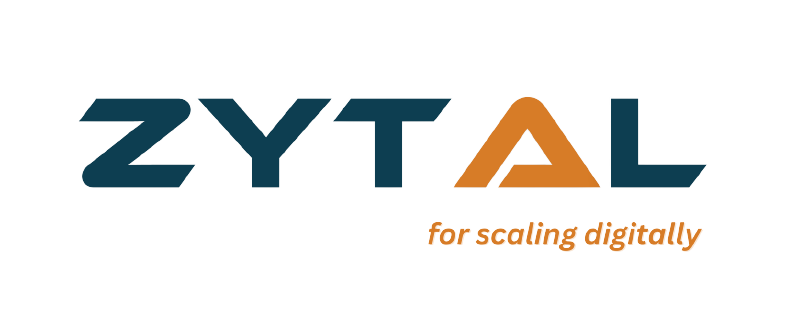Multilingual SEO (Search Engine Optimization) has been tricky for marketers and business owners for over a decade. Several people struggle to keep on top of their SEO workload, let alone optimizing your site and content for multiple languages.
For successful multilingual SEO, where you need to tailor your site to a global audience and search engines, things are far more complicated.
eCommerce sales are expected to exceed $1 trillion next year (according to Goldman Sachs), and, in the current economic conditions, many businesses are considering exporting their goods and services overseas.
However, going global can be quite challenging. The process of localizing and optimizing your website for foreign regions requires careful consideration before starting your SEO strategy.
The terms translation and localization are becoming increasingly common terms used by development and marketing teams in the United States and abroad. In the United States, companies selling globally find that their digital presence is best suited for customers when the content is translated into that particular customer’s native language. Overseas, companies understand that translating their websites for US users creates significant revenue potential and accurate translation and localization at the start of their maps.
But no matter where you are from or what languages and locations you target, making mistakes is inevitable. Thus, we wanted to share six of the top multilingual website SEO mistakes and how to avoid them.
1. Translating your Keywords for Multilingual SEO
Translating your keywords may seem like a prominent place to start with a multilingual SEO effort, but you will be making a mistake. It’s not necessary that search don’t always translate, and the keywords people use can vary greatly between different languages.
So start researching keywords again with each language. Use language experts to identify the most critical search terms and don’t guess about direct translations.
2. Low-Quality Hosting
Choosing low-quality hosting is one of the worst moves you can make as a website owner – primarily if it targets your international audience.
Poor web hosting comes with a high risk of slow speeds, traffic restrictions, bandwidth restrictions, and security issues. All of which are multiplied significantly when you open the doors to global users.
You also need to consider the location of the server. The further away the user is from your server’s physical location, the longer it will take to load. Therefore, get a Content Delivery Network (CDN) that hooks up to local servers and provides your website with a healthy speed.
3. Using the Wrong Keywords
A keyword that someone in your home market might use to search for a particular product is not meant to be a literal translation of keywords or phrases of the keywords or phrases used by buyers in other countries.
Even though it’s the most fundamental mistake, people still keep making it. So don’t forget to translate your keywords and explore new target markets regarding keywords used, subsequent search volume, and competition for that position.
4. Failing to Understand Local Trends
Off-page link-building activities depend on understanding how people use the network and social media in the target country. In Korea, for example, blogs are a significant part of any strong web presence. Subtle variations in Internet usage will dictate the off-page strategy you must use.
5. Ignoring all Other Search Engines
When ranking a website in the United States, many companies choose to focus solely on Google because it owns most of the search market – 64.4% to be exact. And knowing that many of the best SEO practices apply to all search engines because the essential ranking factors of search algorithms are the same, many people focus on Google and believe that the results will follow in other search engines like Bing and Ask.
This strategy is mainly successful when localizing US search engines, but when looking at global search engines, it is essential to tailor your SEO strategy to the most popular search engines in a particular location, as there are often differences between algorithms. For example, Baidu is the most widely used search engine in China. Its algorithm gives more importance to meta tags, optimized images, alt text and less importance to inbound links. The most popular search engine in Yandex, Russia, ranks exceptionally high on pages with quality inbound and outbound links but ignores links from directories and forums.
6. Restricting Translated Pages from Crawling and Indexing
The purpose of website localization is to engage customers in another language or attract traction in a new locale. This cannot be done if the translated version of your website does not rank in global search engines!
Unfortunately, many companies add no-indexed tags, restricting the translated pages of their website from being indexed and crawled. While this is often done to avoid plagiarism penalties, the official Google blog states that there is no risk of running into plagiarism issues in case one uses identical (or somewhat similar) content on different websites or pages aimed at different regions or languages.
The simple rel=alternate hreflang tag helps Google index and provide your local content to users who want to see an alternate version of your page. However, it’s important to note that rel=alternate hreflang is not the same as rel=canonicals. Using Canonical to direct localized pages to your source page can lead to a negative drop in SERPs, undermining everything you’re trying to achieve with localization.
Multilingual SEO is a significant endeavor that stretches far beyond translating written content into a new language. You need to consider the language preferences of your target market, the search engine you use, and your preferred search keywords. It’s essential to devise a sound localization strategy, choose your URLs carefully, track the performance of your competitors, and publish only fully translated content. Only then will you inspire confidence and trust in your targeted customers. If you want to know more about top SEO strategies for 2021 and beyond, you can contact us. Our experts are here to help you for free. Call now!
